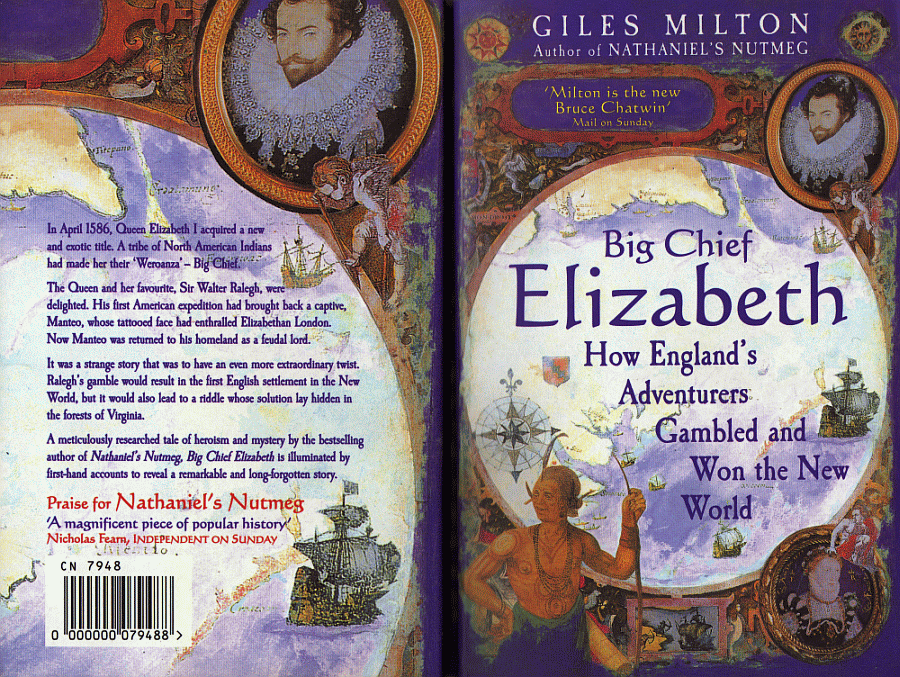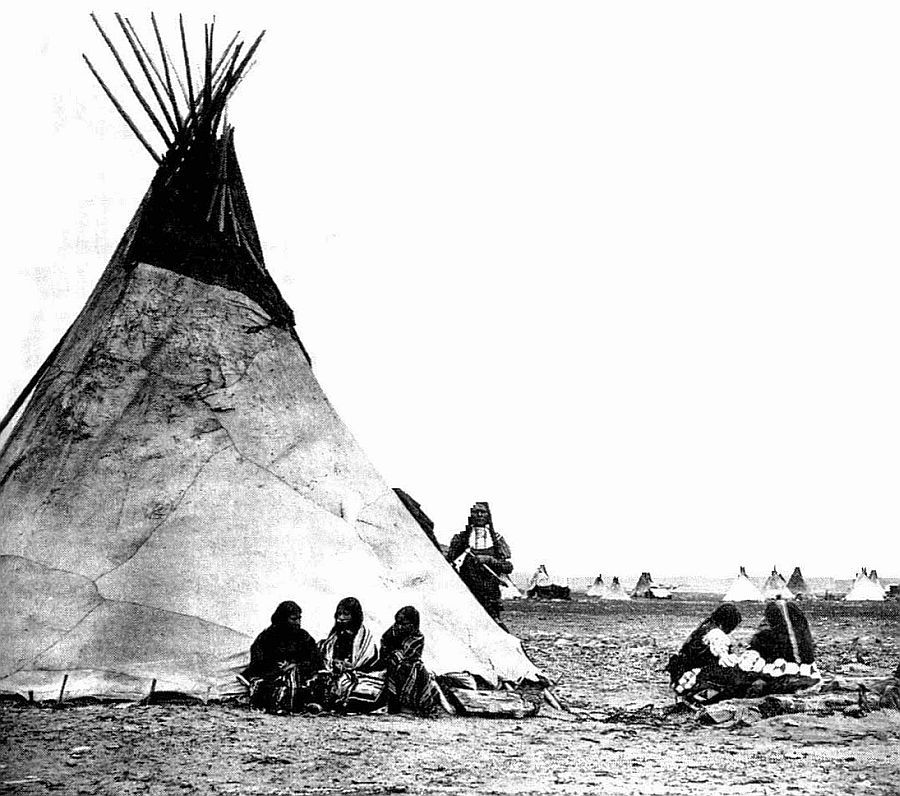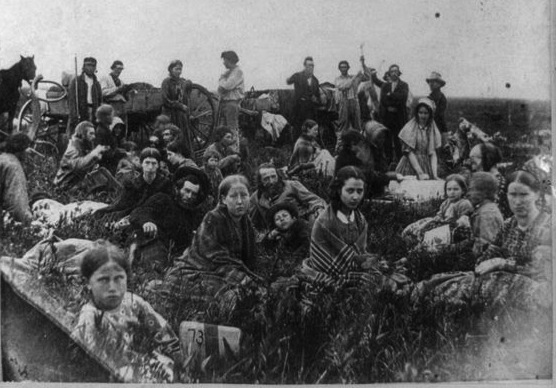The Apache Wars were fought during the nineteenth century between the U.S. military and many tribes in what is now the southwestern United States. The wars lasted from 1851, with the arrival of American settlers, to 1886, the year Geronimo surrendered.
However, Apache attacks on white settlers continued until around 1900. Some historians group the Apaches and Navajos together because they have similar languages (Athapascan) and cultures.
The United States engaged the Navajos and Apaches (known by themselves as Inde, T`Inde,N'de, N`ne = "people") for their lands or because they affected commerce.
Often the military and/or Native Americans were provoked by white settlers, speculators or a new federal policy.
Apache leaders like Mangas Coloradas of the Bedonkohe; Cochise of the Chokonen (also known as Chiricahua); Victorio of the Chihenne band; Juh of the Nednhi band; Delshay of the Tonto; and Geronimo of the Bedonkohe led war or raiding parties against non-Apaches and resisted the military's attempts, by force and persuasion, to relocate their people to various reservations.
However, Apache attacks on white settlers continued until around 1900. Some historians group the Apaches and Navajos together because they have similar languages (Athapascan) and cultures.
The United States engaged the Navajos and Apaches (known by themselves as Inde, T`Inde,N'de, N`ne = "people") for their lands or because they affected commerce.
Often the military and/or Native Americans were provoked by white settlers, speculators or a new federal policy.
Apache leaders like Mangas Coloradas of the Bedonkohe; Cochise of the Chokonen (also known as Chiricahua); Victorio of the Chihenne band; Juh of the Nednhi band; Delshay of the Tonto; and Geronimo of the Bedonkohe led war or raiding parties against non-Apaches and resisted the military's attempts, by force and persuasion, to relocate their people to various reservations.
Last edited by a moderator:






















































































